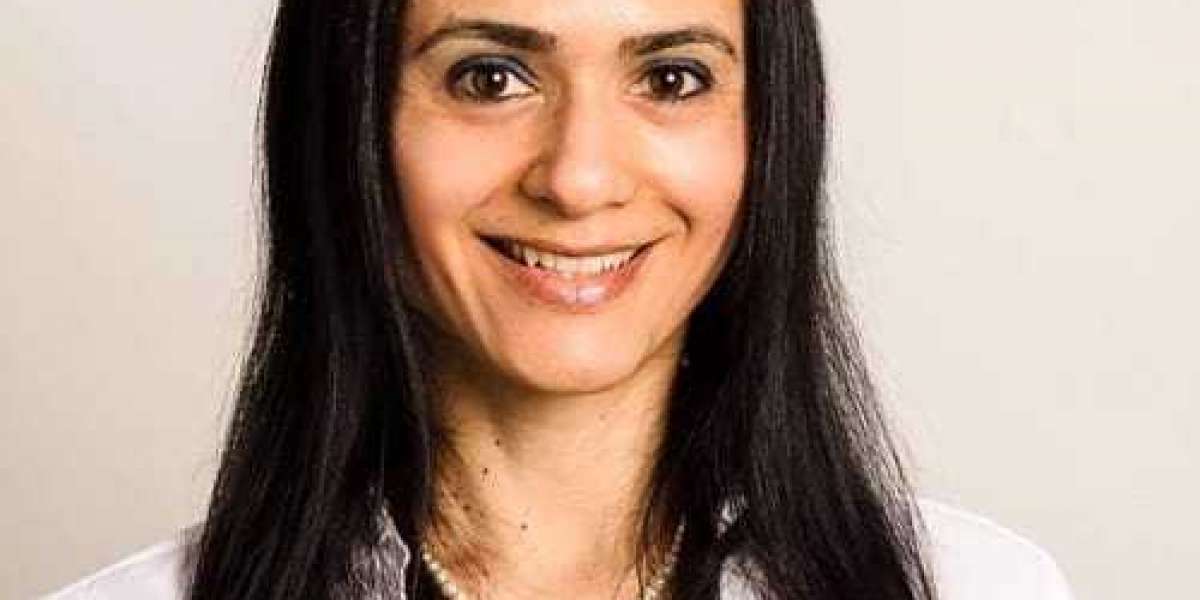How to Find the Right Therapist in Orlando
Therapist Orlando are plentiful, but how do you choose the right one? Therapy in Orlando can help you with numerous mental health issues, from depression to anxiety to trauma-related disorders, but it’s important to find the right therapist to get the most out of your sessions. This guide will teach you how to choose the right therapist in Orlando, allowing you to find the perfect match for your mental health needs and budget.
Consider your concerns
If you’re feeling worried, anxious, or depressed and are looking for a therapist in Orlando, it’s important to take a look at your situation and consider what type of professional is right for you. For example, if you suffer from anxiety that tends to flare up when you’re around strangers (or specific kinds of strangers), it might make sense to find someone who specializes in cognitive behavioral therapy (CBT) techniques.
Who do you want to work with?
There are a lot of therapists out there. This can be daunting for someone who’s trying to find one on their own, so it’s helpful to start with some kind of idea of who you want your therapist to be. Do you have a particular specialty or approach that you think might help? Would you prefer working with a man or woman? Someone young or older? What qualities are important to you? If you don’t know where to begin, try searching for therapists online and see if any names pop up repeatedly. If not, ask friends and family members for recommendations—they may even know more than you do about what makes a good therapist! Once you have a shortlist of potential therapists in mind, make sure to check out their websites and social media profiles before scheduling an appointment. You should also ask them about their experience and approach during your first meeting.
Take your time
Don’t just call up a therapist and ask for an appointment; take your time finding someone you trust. Your search starts with a phone call, not an online form. You can find a therapist you like by getting referrals from family and friends, talking to your physician or even looking through your employee handbook (many large companies offer discounted counseling). There are also apps that can help you locate therapists near you. One word of advice: Try not to let price be a determining factor when selecting a therapist. If cost is more than you can afford on top of everything else, look into low-cost clinics and health centers for treatment options.
Try different therapists
Many people struggle with finding a therapist that works for them. Before making an appointment, try talking to your physician or someone else you trust who's already seen a therapist in Orlando. This way, you'll be able to ask them about their own experience and if they'd recommend anyone for you. If your loved one isn't willing to help you out at first, tell them that it would really mean a lot because there are so many therapists in town and I want it to work out just right so I can be back on my feet again as soon as possible. Once they understand why it matters so much, they might open up a bit more about where they've seen therapists themselves.
Ask questions about the process
Most people are hesitant about therapy because they aren’t sure how it works. And if you’re suffering from anxiety or depression, sometimes it’s hard to know where and how to start looking for help. Before scheduling an appointment with a therapist, it’s a good idea to get all of your questions answered so you have a better understanding of what counseling is and isn’t. Most therapists will be happy to answer questions before you schedule an appointment, which gives you time for due diligence before choosing a therapist and making sure you both can work together as a team. Most therapists offer free 15-minute phone consultations, so don't be afraid to ask lots of questions over email before even scheduling that first meeting!
Educate yourself on disorders
It’s important to educate yourself on disorders if you want to be an effective therapist. Some disorders, like schizophrenia and Alzheimer’s disease, are fairly uncommon, while others, like depression and anxiety, are highly prevalent. Other conditions, such as alcohol use disorder or gambling disorder, exist somewhere in between—they may not occur very often but do affect a significant number of people. It’s also useful for therapists to understand their state’s licensure laws; there may be specific health care professionals they can refer patients to instead of providing particular treatments themselves. These are just a few examples of topics that therapists might need help with when it comes time for continuing education.
Do some research!
Before you jump in and make an appointment with a therapist, do some research. A lot of people don’t put much thought into finding a therapist; they just choose one from the Yellow Pages or word-of-mouth. But if you have a big decision to make about your life or well-being, it makes sense to look for someone who knows what they’re doing—because trust me, changing therapists is not an easy process. Make sure that therapist has worked with your type of problem before (e.g., drug addiction or depression) and ask about his/her experience with similar patients.
Set up your first appointment
Before you can start looking for a therapist, it’s important to create a list of what you’re looking for. Are you seeking someone who is experienced with clients like you? Do you want someone with a particular style of therapy? Is cost an issue? Once you know what kind of therapist will work best for your situation, then it’s time to hit up Google and/or your local yellow pages.
Go with an open mind
It’s impossible to know if a therapist is right for you before you meet him or her, so be open-minded and willing to try someone new. Ask friends and family members for recommendations, then schedule appointments with at least three therapists (you may need more than one consultation before finding one you click with). Also keep in mind that your preconceived notions about what a therapist should look like—male or female, traditional dress or not—may not help you find a good fit.
Do what works for you
The best way to find a therapist is doing what works for you. Maybe it’s asking around, or maybe it’s looking at reviews online. You may even find a few you like, and make an appointment with each of them so you can test drive them before deciding on one—that way, you know what works best for you! The most important thing is that when it comes time to see a therapist in Orlando, you feel comfortable and understood.





